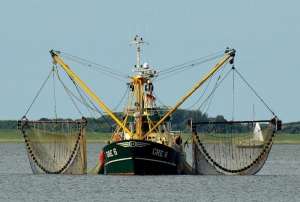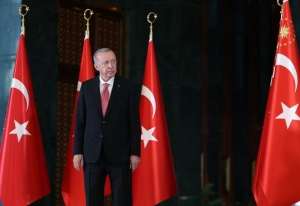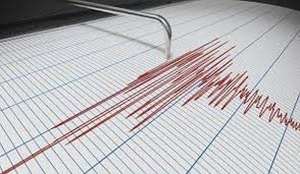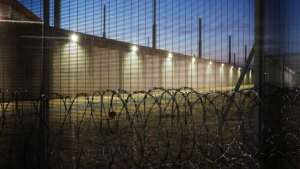A powerful decline of the franc would be welcome this year for the Swiss economy, which has been under a lot of pressure last year, after the removal of the minimum peg on the Swiss Franc/ CHF ceiling, SNB president Thomas Jordan thinks.
On January 15th, 2015, the SNB decided to remove the minimum ceiling of 1.20 Francs/Euro it had set for the exchange rate in September 2011, and following that announcement, the franc gained approximately 40% against the Euro and the dollar. This evolution affected the country's exports, which became more expensive for foreign buyers.
According to an analysis by Switzerland Global Enterprise, the Swiss companies focused on exports have made every effort to remain competitive after the elimination of the ceiling set on the exchange rate. More specifically, they have optimized their purchases, cut wages, they cut production costs, raised prices or found other lucrative markets. "Over 90% of Swiss exporters do business with Europe. They have been affected by the decision of the SNB", according to Daniel Küng, the head of Switzerland Global Enterprise, who urges these companies to diversify their markets, to avoid focusing exclusively on Europe. In his opinion, the biggest chances for small and medium enterprises in Switzerland are countries in Asia, Latin America and the Gulf region.
The study also notes that almost 75% of Swiss companies have reduced their profit margins, many of them struggling to keep their market share.
"If the franc weakens a lot, it will be very good for the economy: exports will do better and there will be a higher growth", the president of the SNB is now saying.
One year after the SNB has unexpectedly decided to remove the peg, generating a shock on the financial markets, the currency of the country is among one of the most stable in the world.
Immediately after the announcement of the decision of the SNB, last year, the franc fell from 1.2009 francs to one franc, and subsequently reached a minimum of almost 0.85 cents/franc. On that day, banks all over the world lost tens of millions of dollars from these fluctuations.
"No one involved in investing in francs is going to forget the day of January 15th, 2015", thinks Tim Müller, main trader at "Zuercher Kantonalbank". He states, according to the international press: "I've worked in this business for almost 28 years, but last year's move was unique".
The shock was great at the time the peg was removed, because, just three days before, the SNB was saying that it was "the cornerstone" of the monetary policy of the bank. The SNB officials have subsequently stated that they have removed the peg because the cost of maintaining would have been too high (100 billion francs in January alone).
After the elimination of the peg, and after the implementation of the negative interest rate of-0.75% and the interventions of the SNB on the currency markets, the franc has stabilized at approximately 1.08 units/Euro. The Swiss currency ended 2015 up over 10% compared to the Euro.
Analysts are wondering whether this situation will remain in effect.
The SNB still thinks the Swiss franc is "heavily overvalued", but "at a tolerable level" for Swiss exporters to the Eurozone.
"It appears that the SNB has regained control of the franc. Many investors feel that way", said Joachim Corbach, head of department at asset manager GAM of Zürich.
According to the foreign press, the latest trends on the derivatives markets point at the fact that investors are certain about the stability of the franc in the coming weeks.
Analysts, warn, however, that if the situation in China, and the global one, respectively, worsen, this could cause investors to turn to the franc, while they currently favor the US dollar or the Japanese yen. Thus, the franc could become stronger.
At the end of last week, SNB was estimating that the franc would stagnate or weaken this year, but it was warning that the "safe investment status" of the country's currency means that "when uncertainty appears, there is demand for it".
Yesterday, the franc had an exchange rate of 1.0942 units/Euro at 10:28, on the American market, down 0.03% over the previous day.
Switzerland's economy returned to growth in the second quarter. For the whole year of 2015, the central bank expects a growth of approximately 1%, after an expansion of 2% in 2014. For this year, the estimate is 1.5%.
•
This month, the SNB has announced that it has lost 23 billion francs (23 billion dollars) in the financial year 2015, mostly because of the currency fluctuations, but it intends to pay out dividends of one billion francs to the federal authorities and to the cantons. Final data for 2015 will be announced by the SNB on March 4th.



























































